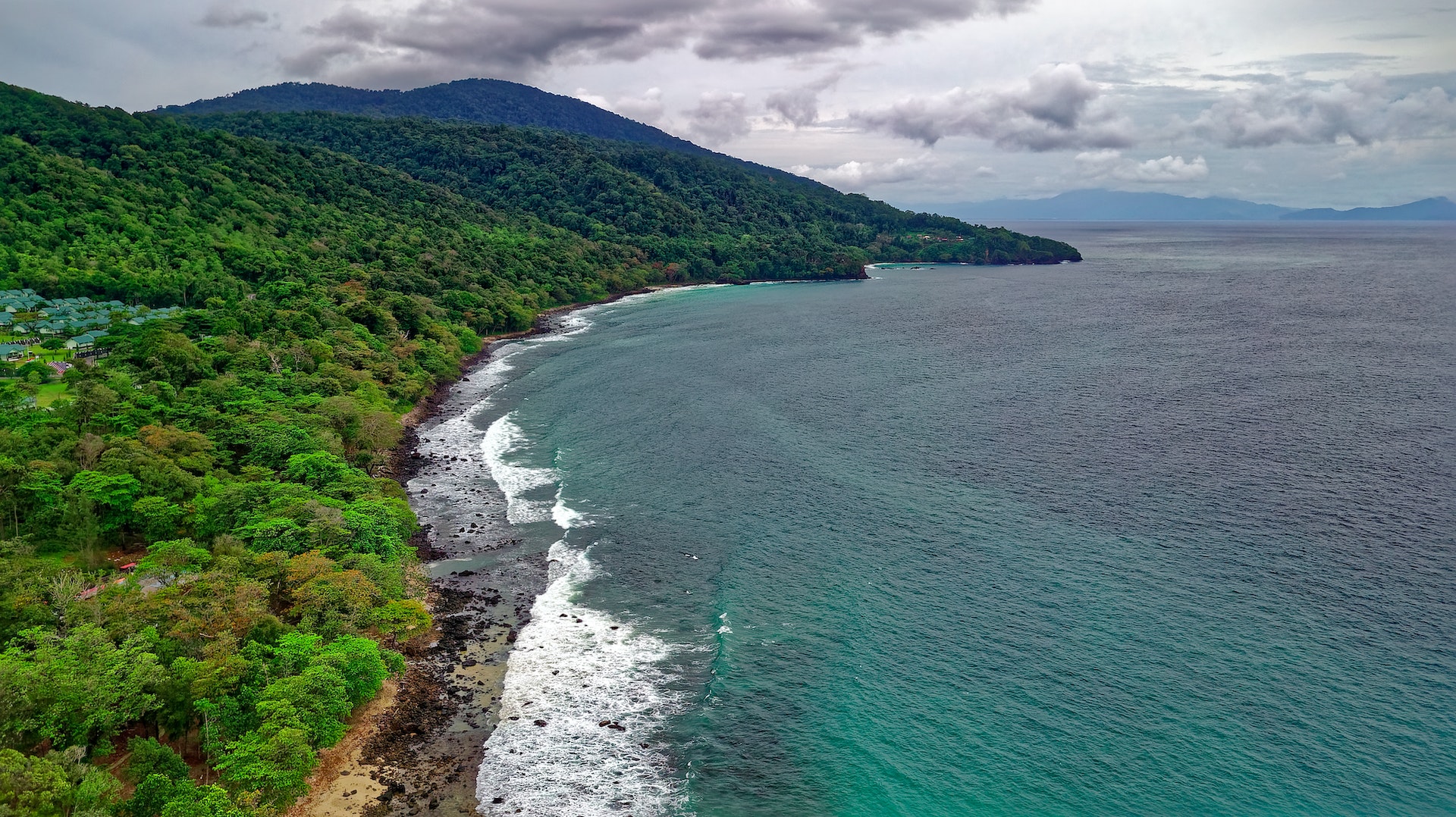JAKARTA, Indonesia – Indonesia, one of the world's top 10 greenhouse gas emitters, recently took a step it believes is in the right direction in the fight against climate change – launching its inaugural carbon emissions trading market. Yet, as trading began on September 26, many environmentalists raised concerns, sparking a debate on the true implications of such a mechanism.
The Rationale Behind the Carbon Market
On paper, the carbon market presents a promising avenue to combat emissions. Companies exceeding their carbon emission quotas can buy carbon credits from those polluting less or from renewable energy sources. Essentially, the market's foundation rests on incentivizing businesses to curb their emissions, thereby promoting a green transition.
However, a closer look reveals complexities and challenges. The carbon credits traded on the inaugural day were priced at a meager 69,600 rupiah ($4.45) per metric ton - a stark contrast to prices in mature carbon markets like the European Union.
Environmentalists Voice Concerns
Detractors argue that this market approach, rather than acting as a solution, merely greenwashes the real issue. They fear that low-priced carbon credits might disincentivize companies from making genuine efforts to reduce emissions, effectively perpetuating a 'business as usual' scenario.
The skepticism isn't without basis. A joint study by The Guardian and Corporate Accountability spotlighted that a significant chunk of the top 50 emission offset projects globally could be deemed ineffectual or junk. These findings raise questions on the credibility of carbon credits and the genuine impact they might have on climate action.
Uli Arta Siagian from the Indonesian Forum for the Environment (Walhi) critiques the mechanism, suggesting it merely allows companies to sustain their resource extraction practices. Echoing Siagian's sentiment, Greenpeace Indonesia's Arie Rompas labeled the carbon trading system as a "license to keep polluting."
A Closer Look at Forestry
Forestry, a sector pivotal to Indonesia's carbon market, presents its own set of challenges. While the concept of offsetting emissions through forest conservation sounds appealing, in practice, it has been mired in controversy.

Preserving Indonesia's forests is key to reducing CO2 emissions
Ecosystem restoration concessions, where businesses attempt to rejuvenate degraded production forests, have reportedly displaced indigenous communities from their ancestral lands. The newly introduced multi business-based forest management system, which simplifies permits, could exacerbate this issue.
Muhammad Arman of Indonesia’s Indigenous alliance, AMAN, calls this practice a new form of "colonialism towards Indigenous peoples."
Recommendations for a Robust Carbon Market
For carbon trading to be truly effective, experts believe a systemic overhaul is required. Madani's Executive Director, Nadia Hadad, emphasizes the need for stringent and transparent emission caps, especially in sectors like forestry.
Adding to this, Madani deputy director Giorgio Budi Indrarto argues for limiting the amount of carbon credits on sale to only residual emissions. This would ensure companies can't flood the market with credits without genuinely striving to minimize their carbon footprint.
Beyond mere regulation, recognition of indigenous rights is crucial. Disparities in land ownership have caused agrarian conflicts, with the top 1% in Indonesia controlling 68% of the land.

Furthermore, transparency and accountability are non-negotiable. Given Indonesia's struggle with corruption, with a drop in its 2022 Corruption Perceptions Index, concerns about the potential manipulation within the carbon market are genuine.
Moving Forward
As Indonesia strides forward with its carbon trading initiative, a balance between market mechanisms, environmental protection, and community rights is vital. While carbon markets might not be the panacea for all climate issues, with appropriate reforms and strict oversight, they can be a part of the broader solution in the fight against global warming.
It remains to be seen if Indonesia can rise to the challenge, addressing the concerns of environmentalists while ensuring its carbon market aids in genuine climate action. The world watches with bated breath, as the success or failure of this endeavor holds lessons for many.
©GlobalCO2.uk





